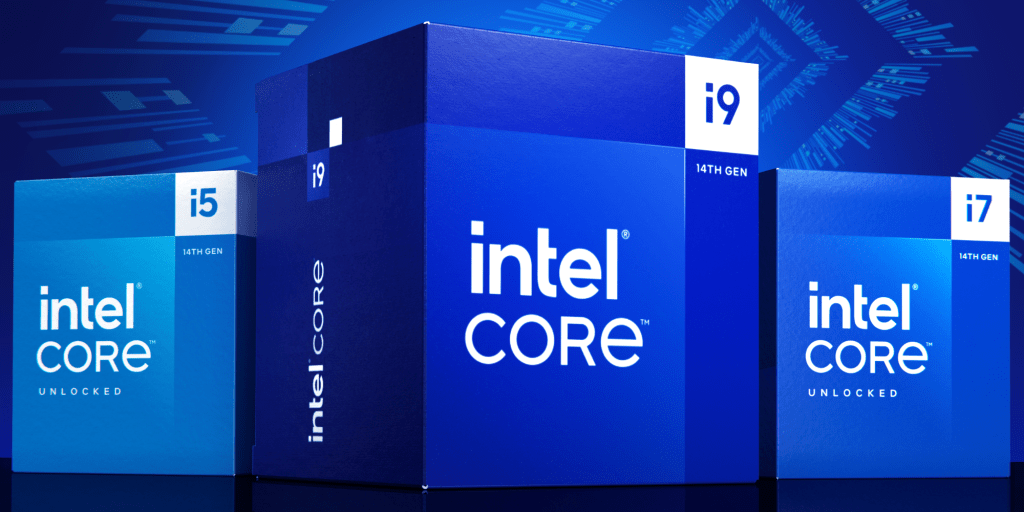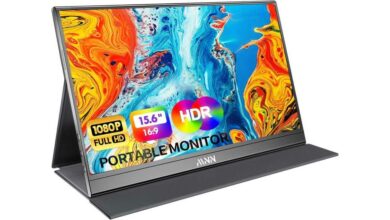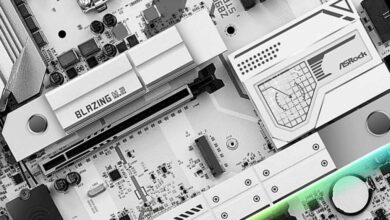
Intel’s points with Thirteenth- and 14th-gen CPU crashes are well-documented at this level. To make a protracted story brief: Excessive-end chips have been crashing and failing with apparently irreversible harm, and Intel blames overzealous efficiency settings within the motherboard BIOS.
One New Yorker isn’t happy with Intel’s prolonged RMA choices, although, and he’s suing the corporate in a category motion.
Ars Technica experiences on the swimsuit introduced by one Mark Vanvalkenburgh, which alleges that Intel knew concerning the processors’ points in late 2022 or early 2023 and didn’t disclose them to consumers, at the same time as return charges climbed and each finish customers and tech media (together with PCWorld) started to extensively focus on the difficulty. Vanvalkenburgh and his attorneys allege that Intel’s withholding of inner knowledge on failures and return charges was deceptive and precipitated him and lots of others to purchase CPUs they’d have in any other case averted.
Relying on what’s offered in discovery, Vanvalkenburgh’s attorneys estimate that a whole lot of 1000’s — or probably thousands and thousands — of individuals may very well be a part of the category motion. Although Intel maintains that not each Thirteenth- and 14th-gen desktop processor is weak to those failures, that’s but to be demonstrated empirically.
This state of affairs is already one of many largest CPU blunders in current reminiscence, however info ensuing from this swimsuit has the potential to make it spiral right into a full-on catastrophe.
And Intel can’t afford a catastrophe proper now. The corporate has been reeling from a number of setbacks, together with disappointing efficiency from its newest desktop and laptop computer chips, an incapacity to capitalize on the AI increase as Nvidia eats everybody’s lunch, and an ascendant AMD using excessive on its X3D chips within the fanatic market. And that’s with out mentioning a brand new push from Qualcomm and different Arm-based chip producers now reaching into the Home windows area. The corporate’s inventory is buying and selling at lower than half of what it was in the beginning of 2024, and it’ll quickly be faraway from the Dow Jones Industrial Common to get replaced by Nvidia, which is now probably the most precious company on the planet.
Intel tried to assuage homeowners of affected CPUs by extending the one-year guarantee help window to a full three years, which covers everybody who’s bought a chip in these collection thus far. However as Ars notes, it’s little consolation to those that purchased a high-end chip to “future-proof” a strong desktop, probably to maintain it going far past that.








